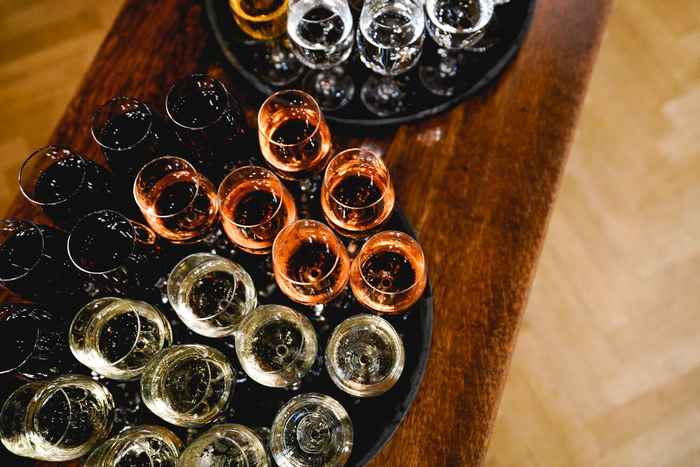Alcohol consumption in an academic setting – a peculiar convention
14 September 2021

Health effects of alcohol
‘In a few years’ time, we will look back on how common alcoholic drinks are at university events with the same confusion as we now look back on the tumblers filled with cigarettes that were provided for guests at events in the 1970s’, says Reinout Wiers, Professor of Developmental Psychopathology. ‘There is increasing evidence that alcohol consumption has negative effects on our health. Rather than having a very strong effect on one specific outcome, such as in the case of smoking and lung cancer, it has a more scattergun effect.
Besides all the well-known liver problems associated with alcohol consumption, a clear link with various types of cancer, from oesophageal cancer to breast cancer in women, has also been demonstrated. Alcohol also has a negative impact on our ability to think, and that is clearly at odds with what the UvA stands for as a knowledge institution. The effects of alcohol consumption on academic and professional performance are reason enough to discourage alcohol consumption among students and employees.’
Policy content
The new alcohol policy strikes a positive tone and is mainly based on Dos rather than on Don’ts. A wide and appealing range of non-alcoholic beverages should be available to choose from at campus catering facilities and during drinks receptions, conferences and events. In addition, an ‘Alcohol and Social Safety’ Covenant has now been concluded with student associations and agreements have been made with study associations regarding the consumption of and attitude towards alcohol. Furthermore, students and staff will receive information on how to seek out help in relation to cutting down drinking.

Awareness
The policy will also see the UvA focus on increasing awareness about alcohol consumption in the years to come. This will allow students to identify their own excessive drinking habits and seek out help sooner. According to a study conducted by the Trimbos Institute in 2018, young adults as a group are most often classified as ‘heavy drinkers’, consuming at least six units in a one day for men and four for women, with highly skilled individuals drinking much more (89.1%) than lower skilled individuals (67.5%). As such, there is a significant degree of problematic alcohol use among students.
‘Students are not likely to identify excessive alcohol use as a problem they suffer from’, says student doctor Peter Vonk. ‘This means that they won’t specifically seek out help for their own alcohol consumption.’ The UvA will therefore be focusing on raising awareness about alcohol use in the coming years, to allow students to identify their own excessive alcohol consumption habits and seek out help at an earlier stage.
National Prevention Agreement
The UvA's new alcohol policy was drawn up in response to the National Prevention Agreement, which contains specific long-term objectives for improving public health. Universities have agreed to reduce the number of excessive and problematic alcohol users. The Association of Universities in the Netherlands (VSNU), of which the UvA is a member, has committed itself to this objective.
Need help cutting down your drinking? If you're a student, please contact the student doctors at the UvA General Practitioners Practice, student psychologists, student counsellors or the study advisers of your study programme. If you're an employee, please contact the occupational physician. The Occupational Health and Safety Service doctor even provides preventive consultations. External help, outside of the UvA, is available from Jellinek.
Correction
An earlier version of this news item stated that alcohol consumption has no place in an inclusive university. This was phrased incorrectly; it should have said that a wider range of non-alcoholic beverages is consistent with an inclusive university.